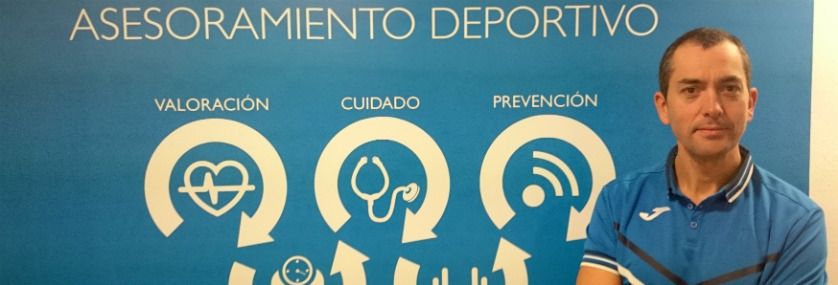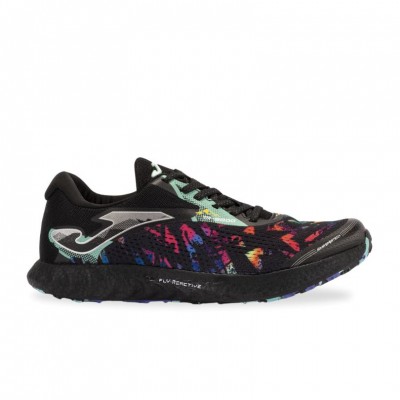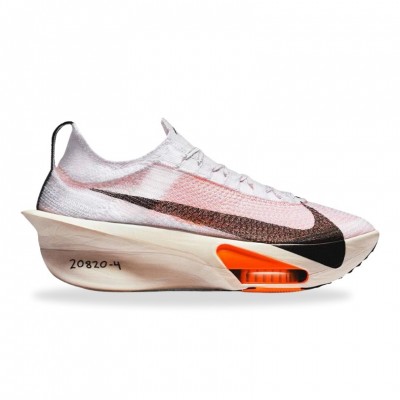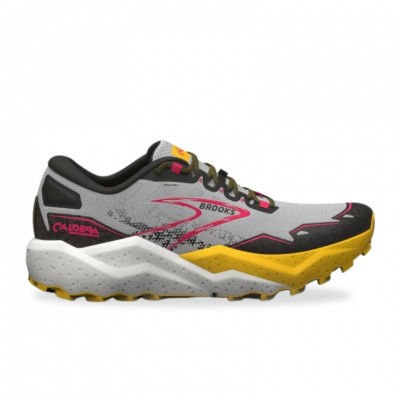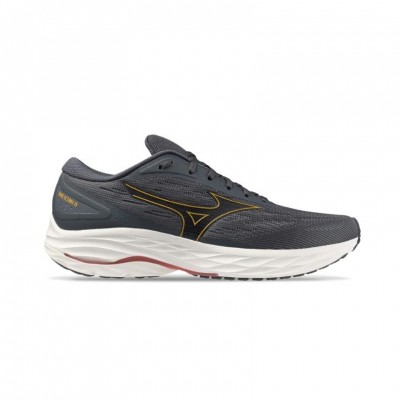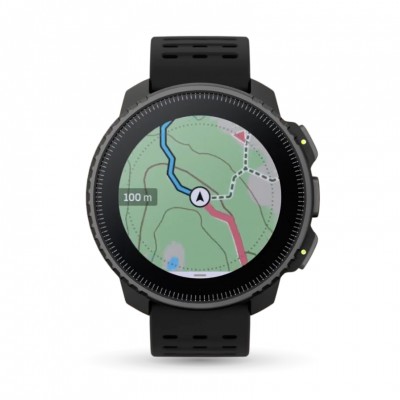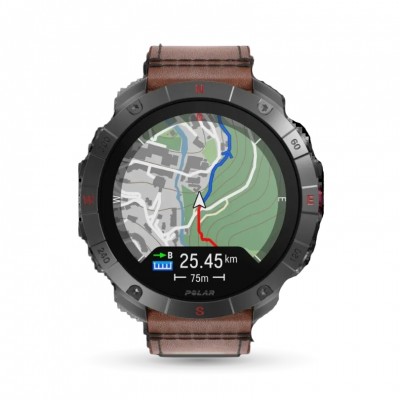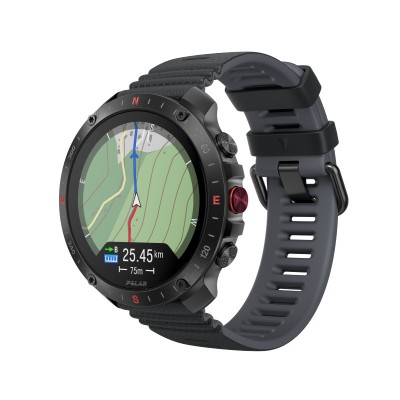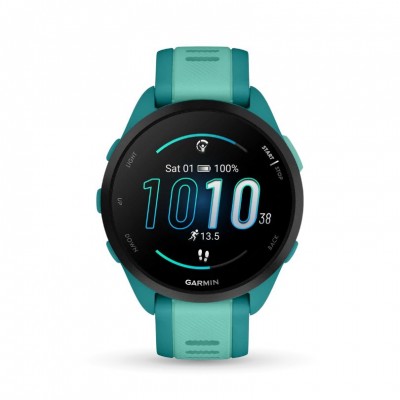
Before getting into the subject, we would like to remind you that we believe that nutrition should be as individualized as possible (principle of individualization) as we have already reflected in previous articles, and that there is no miracle diet; the success lies in playing with the different existing nutrients and finding the best possible nutrition for the athlete.
In addition, depending on the physical condition of the athlete and after prior assessment by the physical trainer or doctor, the nutritional requirements remain the same, although the better the physical shape, the greater the oxidation of fats as a source of energy. In other words, a fit athlete is more efficient with his glycogen reserves, generating more energy from fats.
Having reviewed this point, we focus on the article that concerns us, in which we will address the athlete's diet on the day of the competition. From our point of view it is fundamental for the good development of the event, since with a good nutrition and hydration the result can be extraordinary, although it is true that there are other variables that come into play.
The athlete must be aware that there are external elements that influence the result and that are uncontrollable. However, others, such as nutrition, can be controlled and it is necessary to do so in order to achieve the best possible performance in competition. If it is not done properly, the opposite can happen.
Food on the day of the competition
Continuing with what was said above, there are some aspects to take into account so that the food on the day 'D' is ideal and the competition goes well.
A very important one is the time of the competition. It is not the same if it is early in the morning or late in the evening. Obviously, meal times will be different. Therefore, during the days prior to the competition the athlete has to get used to these schedules and thus avoid surprises due to poor adaptation, not only in the nutritional aspect, but also others such as sleep, training ... etc..
Another aspect is the duration of the sport activity. Broadly speaking, if the activity lasts less than one hour, it is not appropriate to take any nutritional support during the test(obviously in trained athletes). If the test or competition lasts between an hour or two, it will depend on the intensity of the exercise. In general, it will be convenient a carbohydrate intake. And if it is longer than two hours, a nutritional intake will be needed.
Another point is the place where the competition is held. If that day we have to move from place to place and make a considerable distance, the ideal is to stay overnight at the place where the test is held. In this way we will avoid that the trip "punish" us too much and affect us in the performance (in this point there are different opinions, for that reason, the fundamental thing is that the sportsman tries it in other competitions of "minor" importance, so that the election is the correct one).
As for the food on the day of the competition, it should be done in three fundamental sections: before, during and after.
Before the competition.
The dinner before the day of the competition we have to eat familiar foods (not new foods) and that these avoid the feeling of heaviness and thirst, which leads to a bad sleep.
It is important to continue to insist on eating foods whose amount of carbohydrates is predominant so that the glycogen deposits are in an optimal state. On the other hand, it is not advisable to eat foods that are difficult to digest or that you know from personal experience do not agree with you (for example, sausage, different condiments, fatty cheese,...).
On the day of the competition itself, the last meal eaten has to fulfill the objective of avoiding and removing the sensation of hunger. If we had that feeling, the concentration in the competition would be lower and the performance would decrease.
Another important section is to avoid fasting just before the race. This will cause performance losses, since the blood glucose decreases so that the glycogen deposits will not be at their optimum level at the time of the start of the test.
The athlete has to eat between 3 or 4 hours before the competition so that the body is not digesting during the competition (if we were digesting the performance would decrease due to the work of the digestive system) because there may be loss of strength, nausea, ..., that is, the intake of carbohydrates an hour and a half before the test is not convenient. In addition, you should not exceed 700 kilocalories approximately in that meal.
As an example and to make it clearer, the forbidden foods are processed foods high in fat, proteins cooked with fats or sauces, simple carbohydrates (these for the tests at certain times or when there are less than 15% of the test, also energy gels, not before the competition), thus avoiding blood glucose peaks. Also foods containing a lot of fiber (Allbran, plums...) to avoid possible gastrointestinal discomfort.
And the recommended foods depend on the type of sport. The usual is mostly 70-80% complex HC, proteins 10% and fats 10-20% not red meat (chicken, turkey) of easy assimilation, CH with medium-low glycemic index, pasta, rice, nuts in moderation, yogurt, apple, kiwi ...etc.
Another point to take into account is when the competition or race is very early (it can also happen during training because of your work or family obligations...). In these situations you have to get up very early to make breakfast, and thus achieve a good digestion. The ideal is to ingest a shake with the necessary amount of nutrients so that the energy deposits are at the optimum level (the preparation of this shake should be done by your personal consultant).
Finally, just before the competition it is not necessary to ingest anything if you have taken the previous steps well, with a good hydration is enough.
During the competition
It is important to know that the supply of food during the competition is necessary in disciplines of long duration, for example, marathon or cycling, to recharge the deposits and that we do not get the typical "panic" due to lack of energy. The best way to ingest these foods is in the form of shakes so that their absorption is faster and more efficient.
Another thing is in sports that have a rest of about 15 minutes (soccer, basketball, indoor soccer, handball ... etc.) In these sports drinking liquids with a small proportion of glucose or sucrose (8% approximately) should be sufficient. It is also good to have a small amount of nuts (almonds or hazelnuts) due to their energetic contribution.
When and what to eat after a competition?
After the competition, the primary objective is to replenish as soon as possible the levels of the deposits so that the following training is of a high level. And to meet this objective we must start from the first minute after the end of our competition. The first 15 minutes are crucial, because the later we start ingesting nutrients the harder it will be to recover. Different studies say that after two hours of physical activity, the recovery of glycogen deposits is much more costly because the muscles are no longer as receptive when it comes to capturing nutrients.
Knowing that it is one of the main meals, we would always put 70% of carbohydrates of fast assimilation, for example, amylopectin, which is a great success for sport, since it gives you sustained energy and is quickly assimilated. On the other hand, if the tests are Hitt or series, in which there is greater muscle damage, protein is essential for muscle recovery because the protein degradation has been greater and this is an anti-catabolic par excellence.
When can I return to training in optimal conditions?
Following the guidelines that from R&P we mark and thanks to the invisible training, the replenishment of nutrients as soon as possible, adequate rest, together with the physiotherapy and a good planning of the objectives, we will shorten the terms always, for success of the invisible training.
Conclusions
This article closes a cycle of how your diet should be at a general level during a season and more specifically, during the week and day of competition. Remember that it is essential to take into account the differences between different athletes.
Therefore, in our next article we will talk about whether it is good or not, or is necessary or not supplementation in the athlete. What do you think?
Read more news about: Nutrition
